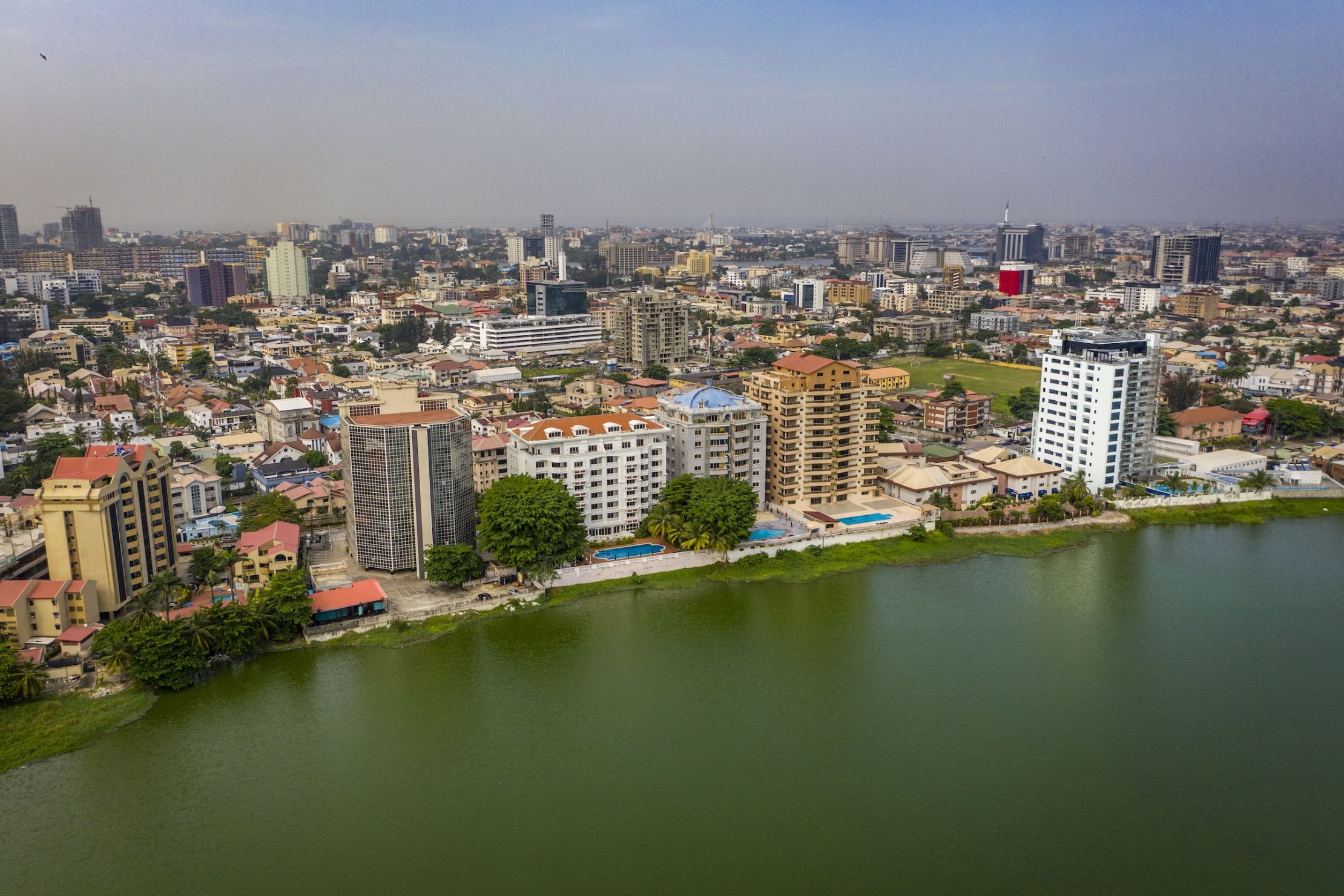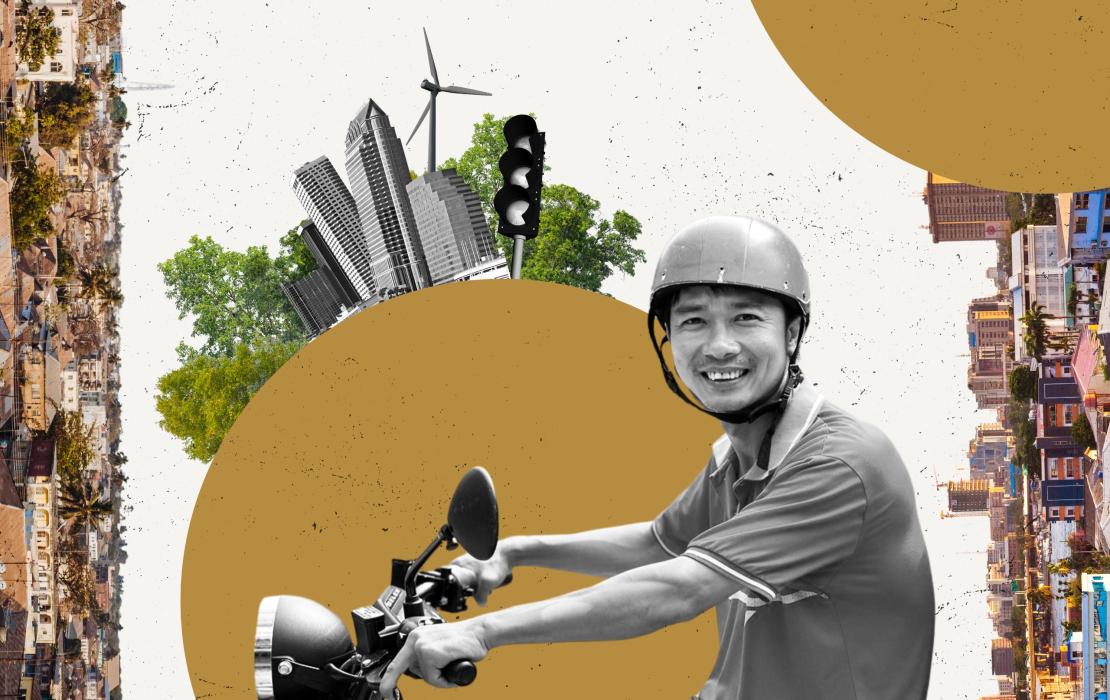
Photo: UNDP Nigeria
New York, 26 July 2024 – A new report reveals the untapped potential of cities in helping countries achieve their climate goals. The report published by UN-Habitat, UNDP, and the UNESCO Chair on Urban Resilience at the University of Southern Denmark (SDU.Resilience) analyzed the climate commitments of 194 countries party to the 2015 Paris Climate Agreement.
Using approximately 200 indicators, the nationally determined contributions (NDCs) of all 194 countries were examined and categorized into three broad clusters based on the level of urban elements: strong, moderate, and low or no urban content. Just 27 percent of NDCs had a strong focus, meaning there was one or more sections dedicated to urban priorities or sectors featured prominently, increasing from 14 percent in 2016.
NDCs are the cornerstone of the Paris Agreement and are the main policy instruments used to indicate national contributions toward global efforts for climate change mitigation and adaptation. NDCs are updated every five years with the next round of revisions due by COP30 in 2025.
Cities have a critical role in achieving the Paris Agreement as they are responsible for 70 percent of global primary energy consumption and 60 percent of global greenhouse gas emissions. However, the study found that the majority of NDCs still lack focus on urban elements. 141 have either moderate levels of urban content (39 percent) or low to no mentions of urban content (35 percent), demonstrating the need for many countries to go further and seize the opportunity that cities offer in achieving decarbonization targets.
According to the study, NDCs with strong urban content tend to be low and middle income countries including China, Colombia, Morocco, India, South Africa and Türkiye, while those with moderate and little or no urban content in NDCs include high-income and/or highly urbanized countries such as Canada, European Union Member States, Japan and the United States, along with Brazil, Indonesia and Nigeria, among others.
Michal Mlynár, Acting Executive Director of UN-Habitat, said: “The science is clear. Current urbanization processes drive greenhouse gas emissions and leave urban infrastructure and citizens extremely vulnerable to climate change. Yet, we can increasingly see that the right policy and planning decisions can make cities and communities resilient, and that carbon neutral urban development is possible. The NDCs must provide the framework for accelerated urban climate action.”
Marcos Neto, Assistant Secretary-General and Director of UNDP’s Bureau of Policy and Programme Support, said: “As countries embark on developing the third generation of NDCs, it is crucial to ensure urban climate solutions comprise a key place in all climate strategies. Although there is a rising emphasis on cities in climate mitigation and adaptation efforts, we can do more. UNDP stands ready to support countries on ambitious, bold action where all parties work together at global, national, and local levels.”
The report features, for the first time, an overview of the climate challenges faced by each country as well as responses for mitigation and adaptation at the national and global level. It also includes a set of 12 recommendations policymakers and practitioners could implement to improve collaboration between national and subnational governments, ensure policy coherence across all levels and increase climate ambition through the inclusion of more urban content in NDCs.
With less than a year left for countries to update their NDCs by COP30, organizations stand ready to support national governments to strengthen their NDCs. For example, UN-Habitat and ICLEI - Local Governments for Sustainability will establish a secretariat for the SURGe (Sustainable Urban Resilience for the Next Generation) initiative to accelerate multilevel climate action in this review process before COP30 and beyond.
Download the full report here.
Media contacts
For more information or to request an interview, please contact:
New York: Mehmet Erdogan, mehmet.erdogan@undp.org



